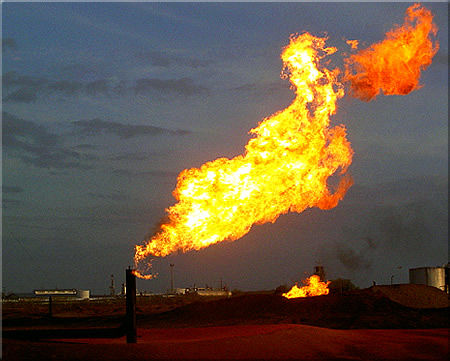The United Nations (UN) says despite strategies to reduce gas emissions globally, the plans submitted by most countries are still not ambitious enough to tackle climate change.
According to the UN, efforts to limit the global temperature rise to 1.5 degrees celsius by the end of the century have failed.
The UN gave the warning in a report published by the UN Climate Change (UNFCCC) on Wednesday.
The current combined National Determined Contributions (NDCs) —meaning the countries’ national efforts to tackle emissions and mitigate climate change — are leading to at least 2.5 degrees warming, a level deemed catastrophic by scientists at the Intergovernmental Panel on Climate Change (IPCC).
Advertisement
In 2019, the IPCC indicated that to curb global warming, CO2 emissions needed to be cut by 43 percent by 2030, compared to 2010 levels, but current climate plans show a 10.6 percent increase instead.
In the report, Simon Stiell, executive secretary of UN climate change, said: “The downward trend in emissions expected by 2030 shows that nations have made some progress in 2022. But the science is clear and so are our climate goals under the Paris Agreement. We are still nowhere near the scale and pace of emission reductions required to put us on track toward a 1.5 degrees Celsius world.”
According to Stiell, governments need to strengthen their climate action plans and implement them in the next eight years.
Advertisement
Fossil fuel power plants are one of the largest emitters of the greenhouse gases that cause climate change.
In 2021, during the UN climate change conference (COP26) in Glasgow, Scotland, all countries agreed to revisit and strengthen their climate plans.
However, only 24 out of 193 nations submitted updated plans to the UN, according to Steill.
Currently, Africa is said to need about $1.6 trillion between 2022 and 2030 to meet the continent’s NDCs.
Advertisement
Government bodies and climate activists have pushed for climate financing to take centre stage in November at this year’s COP27 in Sharm el-Sheikh, Egypt.
“COP27 is the moment where global leaders can regain momentum on climate change, make the necessary pivot from negotiations to implementation and get moving on the massive transformation that must take place throughout all sectors of society to address the climate emergency,” Steill said.
He urged governments to show at the conference how they would put the Paris Agreement to work through legislation, policies and programmes, as well as how they would cooperate and provide support for implementation.
He also called for nations to make progress in four priority areas: mitigation, adaptation, loss and damage, and finance
Advertisement
Add a comment






